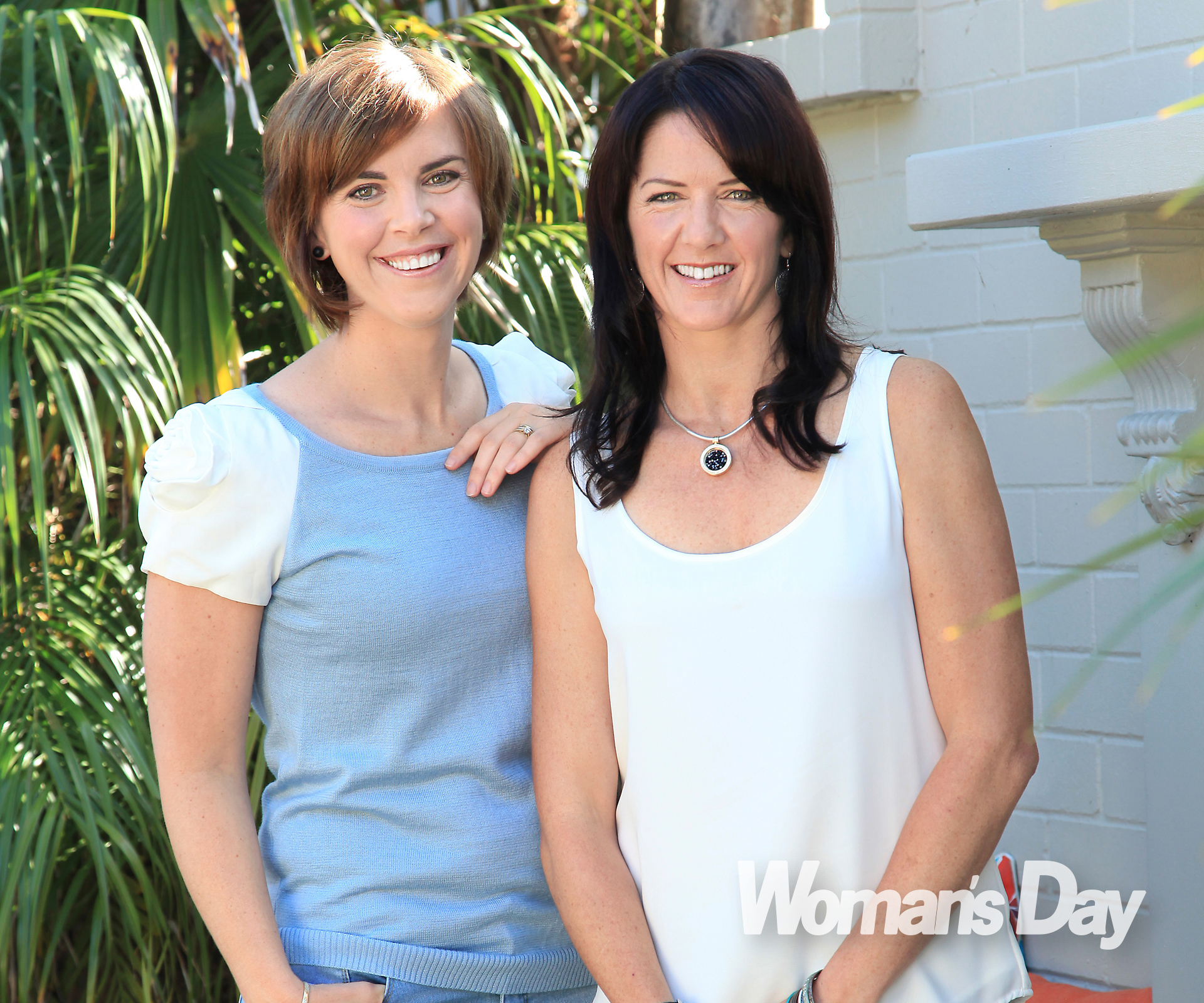Aynsley Staessens can remember the schoolyard taunts like they were yesterday. “They called me ‘plastic ears’ and mimicked my voice – my ‘deaf tone’ and my lisp,” she says.
Born with a genetic severe hearing loss, the 32-year-old mum-of-three from Tauranga shudders as she recalls her struggle to appear “normal” at school.
Her friend, fellow Bay of Plenty mum-of-three Josie Calcott, 41, understands only too well. She lost her hearing at age two after contracting chickenpox and spent nearly three decades trying to hide her profound deafness from the world.
But both mums’ lives have been dramatically transformed by cochlear implants, electronic medical devices that do the work of the damaged parts of the inner ear (cochlea) to provide sound signals to the brain.
“I cried with happiness when I was accepted for the implants,” says human resources manager Aynsley, who was so self-conscious at school due to the bullying that she refused to wear her hearing aid and taught herself to lip-read.
Although she was brought up in a loving family and taught to believe she didn’t have a disability, Aynsley says forming relationships was a challenge. But after moving to Auckland, she met her husband Ben online. He also hails from Tauranga.
“I brought him home and Dad said, ‘I know you – I bought my hunting binoculars from you,’” she laughs. The pair moved in together on their second date and six months later came a romantic proposal in view of the Mount. They eventually moved back to the Bay of Plenty, where Aynsley works from home for her Auckland-based HR company.
At first, Aynsley’s impressive coping skills meant she didn’t qualify for an implant. However, when she became pregnant with second child Madilyn, now five, her hearing loss worsened significantly, making her “tearful and wobbly”. She had the implant last year.

The biggest change for Aynsley has been the way she interacts with her children.
“Before, the kids learned to go straight to Dad,” she tells. “I felt useless. It put a huge strain on things. Just being able to correct my children’s speech when I hear them say something wrong has given me a huge sense of pride that I can do my job as a mother.”
For Josie, too, the effect of the implant on her parenting skills and nursing career has been immeasurable. “Looking back now, I wonder how I coped for so long,” she says.
“Working as a nurse in ICU [Intensive Care Unit] and ED [Emergency Department], I used my eyes and I was very intuitive. I’d become an expert lip-reader over the years. I would read across the room at parties and could always tell what rugby players were saying on TV too!” she smiles.

No stopping her now! Josie has also found a new passion in running marathons.
The hardest thing was when patients mumbled and when she was given orders by doctors.
“Sometimes I’d just break down in tears in the toilet at work, then pull myself together and go back out there. I was very envious of colleagues who could hear. That feeling was there for a long time. It just got worse and worse.”
While Josie survived her work challenges, there are several cases of severely deaf people losing their jobs – and even becoming homeless as a result – because of compromised hearing. Workplace bullying, problems forming relationships and child-rearing issues are also commonly associated with severe deafness.
However, given the lack of funding for cochlear implants, which cost $50,000 each, it’s not easy to qualify. Prospective candidates are assessed following sessions with counsellors, audiologists and psychotherapists before being placed on a waiting list.
There are an average of 140 New Zealand candidates a year and eight to 10 new referrals a month for implants, but only 40 implants a year are funded.
“There’s a fear of, will it work?” admits Josie, whose eldest son Ben is now 12. “I told the audiologist, ‘I’m afraid of losing what I’ve got,’ and he said, ‘Well, you’ve got nothing left to lose.’”

Loud and clear! Out of hiding and loving life, Aynsley and Josie (with her dog Tessa) are spreading the word about cochlear implants.
In 2009, as Josie was accepted for an implant, she signed up for a beginners’ running class. “I loved walking, but had never been a runner. It was part of a new start. I began the class and in the middle of that, I had my operation. Then there was three weeks of healing after surgery before the implant was turned on. It was a scary but exciting time.”
Since that moment, Josie has never looked back. She explains, “It’s beautiful, it’s crisp and the weirdest thing for me is being able to hear what people say without looking at their mouths.”
And after completing several half marathons, Josie has just run her first full race, the Air NZ Hawke’s Bay International Marathon.
Both women are part of the upcoming Sounds of Life photo exhibition in Auckland and Tauranga, launched by the hearing charity Pindrop (pindrop.co.nz). Their message to others is to apply for the implants if you think you need one. “Everyone deserves the chance to have a quality of life,” says Aynsley. “Don’t struggle and suffer in silence.”

